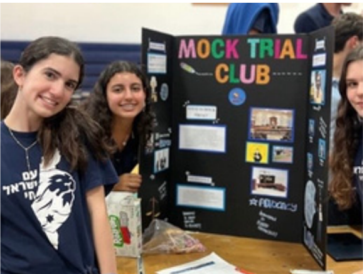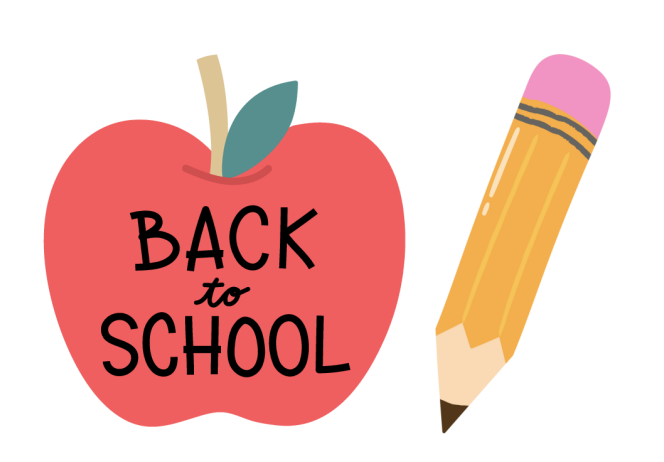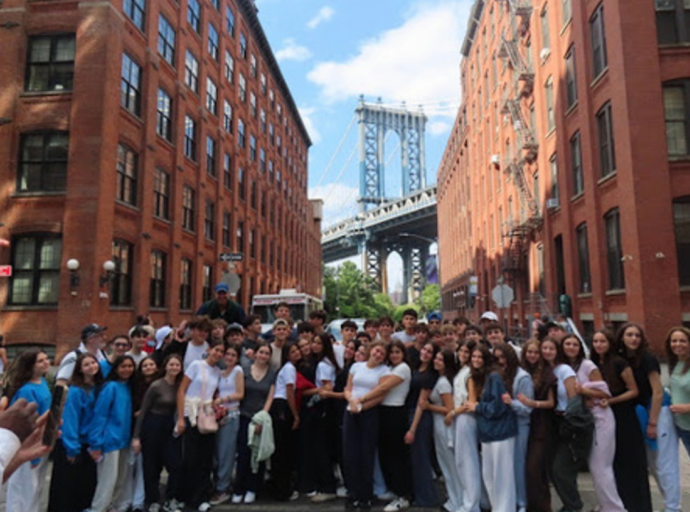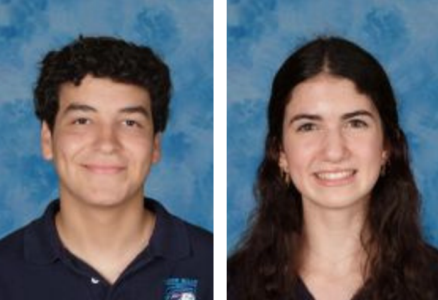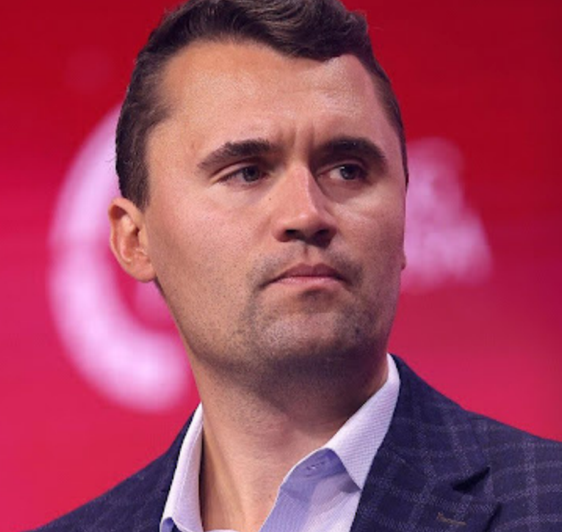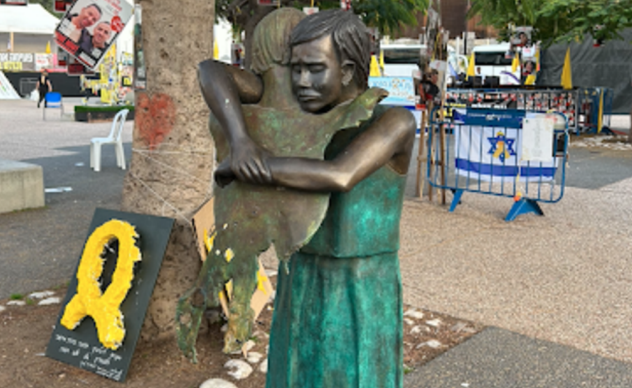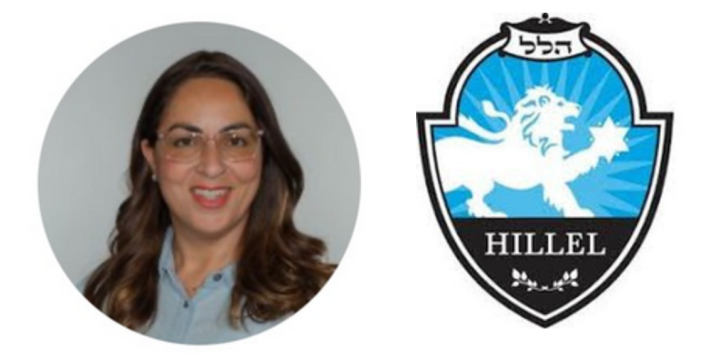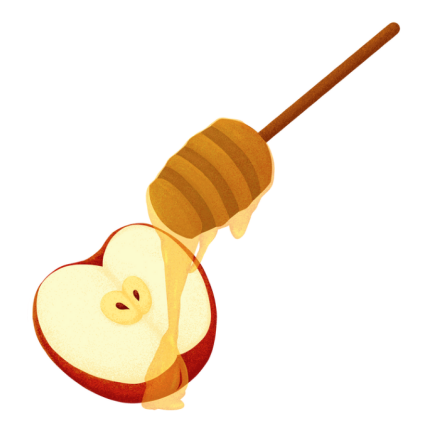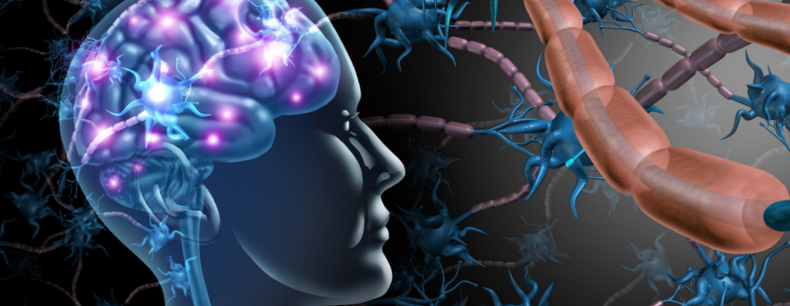It is with much excitement and anticipation that we have begun another year of school. Ahead of us lies an opportunity to reconnect, grow in spirit, and, of course, learn. In the last issue of the previous academic year, I extolled the virtues of “proper learning”; learning, I stated, that is done with the intention of improving one’s mind, character, and will to act. What we learn –believe it or not–has the potential to bring immense personal and societal growth. If one approaches their learning, or any undertaking for that matter, with the genuine intent to act upon it in a positive way, there is so much that they can accomplish.
Along with the new academic year, we recently began the Jewish year of 5786 with Rosh HaShana. The anniversary of G-d’s creation of Adam and Chava, this is a time when we reflect on the very nature and beginning of mankind. However, this day is not just one long, hyper-extended history class. With the commemoration of human origin, we concurrently look toward the future. In what has become a famous, rather ubiquitous practice, we eat certain foods (i.e. apples and honey) that symbolize our hopes and desires for the year to come. The dichotomy of a careful examination of both the past and future points to a certain something I have already mentioned: growth.
As this year’s senior class has brought to mind, we are all “Older and Wiser.” Another year has passed, one in which we hopefully gained valuable knowledge, insights, and experiences that positively impacted us. Whatever growth we have had in the past–big or small–is phenomenal. However, there is no denying that we have also had our respective shortcomings. But these shortcomings are also great. They have the potential to be learning experiences, points to watch out for as we plan and envision the year we want to have. Without being overly idealistic, we optimistically bound into the coming year with new goals and aspirations, having learned from the past and wanting to properly improve to the extent we can.
The strategy of focusing on the past for improvement in the future is by no means a “miracle cure” for solving all problems, nor is it an outlook that guarantees someone will emerge as a moral “Superman”. One can look to the past and still mess up. When people look at why they have disappointed themselves in the past and why they continue to start new endeavors, they are more likely to have specific hopes and goals regarding them that are the most conducive to positive growth.
We have the privilege to be students of a values-based school. We do not only learn intellectually; we also learn to be better people. Doers of Chessed. Beacons of light. The list goes on and on. I now implore readers of the Roar Post–especially following the holiday of Yom Kippur, during which we focus on self-reflection and future growth–to go through a moment of introspection. Start this year–this opportunity–by thinking: What is important to me? What do I want to do?
Following Yom Kippur is the holiday of Sukkot, where we honor G-d for protecting the Jewish people after they left Egypt. This holiday is characterized by dwelling in a Sukkah for seven days and nights, and taking the Four Species (lulav, etrog, hadasim, aravot) and reciting a blessing over them. By dwelling in the Sukkah, we learn to appreciate the things we have, such as living in a permanent home as opposed to the temporary Sukkah. This holiday is a time for happiness and celebration after the Day of Atonement. After a week-long holiday, we observe the eighth day of Sukkot, called Shemini Atzeret, followed by Simchat Torah, which are not the same as Sukkot but are connected. “Shemini Atzeret” means assembly of the eight, implying that this holiday exists so we can stay an extra day with G-d. Simchat Torah occurs right after Shemini Atzeret, and is a time for joy where we march and dance with Torah scrolls to celebrate the concluding of the reading of the Torah. Shana Tova, Gmar Chatima Tovah, and Happy Holidays!


